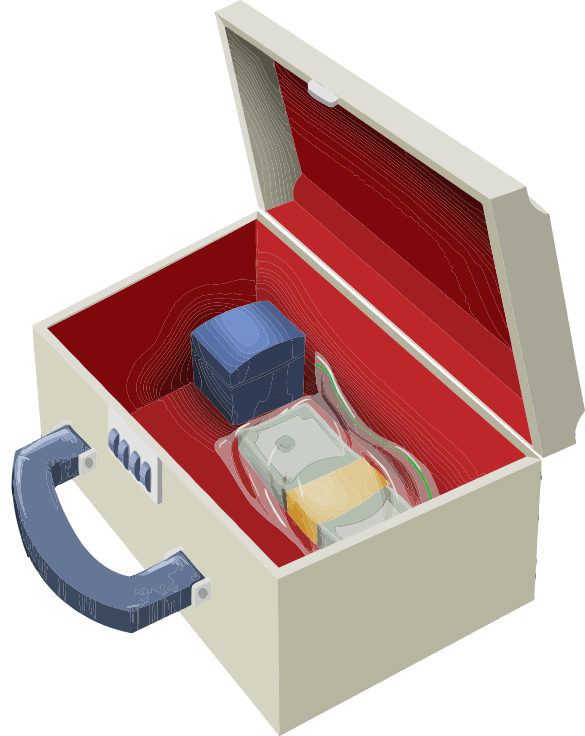Disaster-Proof Storage Methods: Have a Foundation For a Re-Build
Table of Contents
Nature's power to destroy is formidable. Hurricanes, floods, tornadoes and wildfires all have the potential to demolish nearly everything you own. Insurance may replace many valuable belongings, but it may not cover all losses in all circumstances. Once destroyed, items with sentimental value such as photos or family antiques can never be replaced. Fortunately, there are a few storage techniques and tips that can help protect your belongings from natural disasters.
Know Your Enemies
To minimize losses, it is important to first know what events are most likely to occur in your geographical area. Some areas are prone to wildfires. Others tend to have regular flooding, hurricanes or other severe weather. Homes in high-risk areas will sometimes be designed for these conditions when built, but this is not always the case. Before deciding on storage methods and options, define the challenges you are likely to face.
The Value of Preparation
A key element in keeping your possessions safe is having an organized plan in place. Know which belongings are covered by insurance. Keep detailed inventories of your home's contents and make note of where the items are stored. During the chaos of a disaster or its aftermath, this can help you to prioritize and rescue possessions that are at higher risk of damage because of their compromised storage location.
Safeguarding Smaller Items
Wrap breakable objects carefully in soft packing material, and place them in stable areas. Containers and boxes often fall or get thrown during disasters. Whenever possible, use waterproof containers with tight seals to store any items that are vulnerable to moisture. You can also keep a chemical dehumidifier such as silica inside or near the container. This can help to prevent mold and mildew from forming if a nearby area is affected by flooding or dampness. You may also consider applying plastic shrink wrap if an item is not going to be accessed regularly.

Fireproof and waterproof chests and safes are available for small, expensive items or those needing special protection such as firearms or medication. This option allows you to grab the box and run in an emergency. However, its portability also makes it an easier target for burglars, so this storage method should be used with caution.
Once small items are contained and sealed, store them based on the expected circumstances. If flooding is a likely occurrence, avoid storing papers and electronics in the basement. Opt for the attic or highest floor of the home instead. If basement use is unavoidable, place storage containers on shelves and secure them. Storing items high on the wall is best, but even leaving a few inches between the container and the floor can save the contents in case of a flood or hurricane.
Protecting Furniture
Large items such as furniture must be protected from moisture and impact. Wrap furniture legs in plastic and secure with string. Avoid using adhesive tapes as these may leave behind a residue. Bubble or foam wrap can help prevent scratches if pieces get thrown around or hit by falling objects. Large tarps can protect the surface of upholstery from water damage.
Storing Items Outside the Home
There are several options for storing your belongings away from home, and they are especially helpful if you need to store furniture or major appliances. If you are away from your primary residence for long periods of time, and extreme weather is expected in the area, utilizing professional storage can be a practical strategy. Research your local storage companies to find out what types of disaster protection they offer.
In flood-prone areas, look for facilities that are on higher ground and offer climate controlled space. Inspect units in person, and avoid those with visible structural weaknesses. All upholstered furniture and major appliances should be completely dried before storage. Applying wax to wood furniture will protect against moisture.
Duplicate What You Can
Don't forget to make extra copies of important documents, photos and letters. Store these away from your home if possible. Make sure all computer files are copied onto an additional drive or online storage site.
The Effort Is Worth It
While no storage method is foolproof, most possessions can be protected from disaster to some degree. When homeowners store their possessions strategically, valuables have a much better chance to survive unharmed. A little research and organization can be the difference between relief and heartbreaking loss.



Leave a Reply